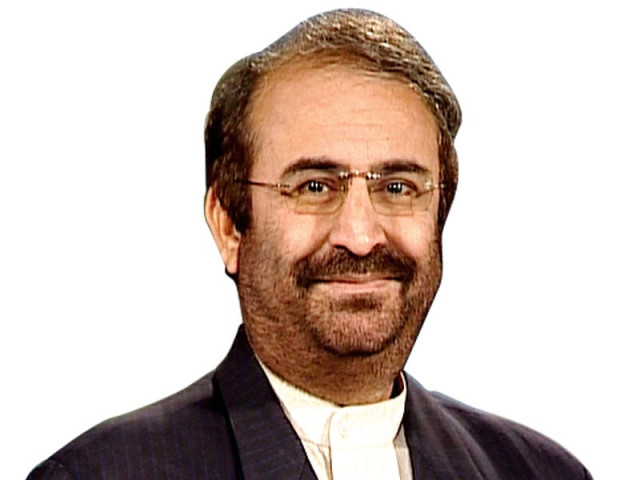Military, security forces cite safety concerns for border closure
Officials in Islamabad say they have floated proposals to introduce suitable mechanism

Officials in Islamabad say they have floated proposals to introduce suitable mechanism
Regardless, the closure has added to the miseries of thousands of people on both sides of the Durand Line.
Pakistan had officially confirmed the closure of the border earlier and the foreign ministry spokesperson said the government decided to implement control measures at Torkham for proper management.
“There were differences between the two sides on the implementation of measures to manage and regulate the border,” Foreign Office Spokesperson Nafees Zakaria said at a weekly briefing on Thursday. “That is the reason it was temporarily closed,”
Defending the decision, Zakaria said illegal crossings and other associated issues are major challenges for both countries.
Officials rejected Kabul’s objection to the fencing, saying they have the right to either cordon off the border or build posts inside their territory to curb illegal cross-border movement. The phenomenon has long been a source of tension between the uneasy neighbours.
Afghan officials always blamed Pakistan for “loose border control”, which, according to Kabul, allows militants to enter their territory.
The US and its Nato allies had similar reservations in the past, but favoured a tough border monitoring system.
Pakistan, Afghanistan and International Security Assistance Force (ISAF) had introduced border coordination centres at Torkham and Chaman as part of a tripartite effort in 2014.
However, Pakistan and Afghanistan have not struck any deal on bilateral coordination centres. Both sides had reached an understanding in December 2014 to reactivate them, but no agreement has been finalised. Pakistani officials say they are ready to reactivate the centres, but it requires Afghanistan’s consent.
When Pakistan and Afghan militaries had reached an understanding on the reopening of the border coordination centres, the US Central Command (CENTCOM) said it would enable better cooperation and coordination among troops on both sides. He believed it would enhance the surveillance of militant movements across the border.
Pakistani officials in Kabul have said it is important to “secure and strengthen” the porous border to stop the movement of terrorists.
“[It has come to our notice that] between 18,000 to 25,000 people from Afghanistan cross the Torkham border every day and a majority do not have travel documents,” Akhtar Munir, embassy spokesperson from Kabul, told The Express Tribune on Friday. “Our embassy and consulates issue only 1,500 to 2,000 visas. So we want to streamline
Officials in Islamabad say they have floated several proposals to the Afghan government to agree to some sort of mechanism.
“We had strengthened security along the porous border with Afghanistan to stop the movement of militants since 9/11,” one of the officials said. “We had deployed army and established nearly 1,000 check posts, but the Afghan side has between 70 and 100 check posts. These are also far away from the border, giving space to terrorists.”
Independent Pakistani analysts have disagreed with Islamabad’s decision to close the border on the people of both sides.
Former ambassador to Afghanistan Rustam Shah Mohmand said it is difficult to stop those who want to carry out terrorist acts even if the border is closed. Mohmand recalled the agreement between the British government and Afghanistan which states people living within five miles on both sides will not be asked for any document and can cross over to the other side without restrictions.
“This right has been recognised in the agreement. Why should we punish the people for the failure of our institutions?” ambassador Mohmand said. He added the border issue also has international dimensions as if it has border issues with India, Iran and Afghanistan.
Although Pakistan may have a point when taking measures to strengthen border controls, it is perhaps not wise to shut the border on people, especially patients and traders.
Anayat Safi, a journalist in Kunar, said the border closure has caused immense hardships for Pukthuns as they live on both sides.
“Afghans are facing a lot of problems,” he said. “Many patients who were supposed to cross the border for treatment in Peshawar have been to Jalalabad hospital and are in bad shape.”
Published in The Express Tribune, May 14th, 2016.













COMMENTS
Comments are moderated and generally will be posted if they are on-topic and not abusive.
For more information, please see our Comments FAQ